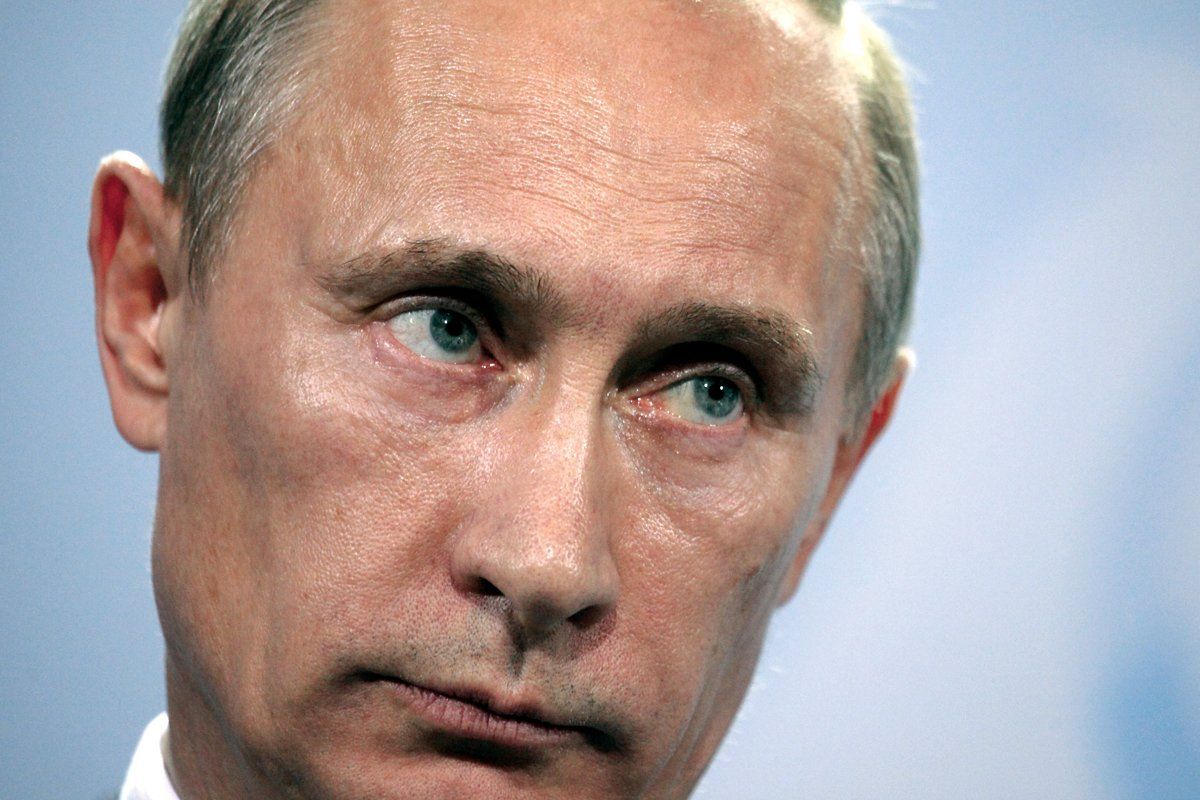
Remember when we used to care about Russia? Twenty years ago, we held our breath as Communist hardliners sought to reassert their grip on the Soviet Union in a coup that failed. Today? Ach, just another messed-up petro-kleptocracy.
The news last week was the poor showing of Vladimir Putin's United Russia party in the elections to the Russian Parliament, the Duma. Despite widespread electoral irregularities, the governing party won less than half the vote. State television, notoriously the propaganda arm of United Russia, showed results in which the total percentage of votes cast exceeded 128 percent. Russians used to excel at math. No longer.
The Western media excitedly covered protests in Moscow, where the vote rigging was especially egregious. The government crushed these demonstrations, deploying the Interior Ministry's Dzerzhinsky Division. It's amazing to me that such a thing even exists: Felix Dzerzhinsky was Lenin's butcher during the Russian Civil War, the first director of the dreaded Bolshevik secret police, the Cheka.
Yet foreign hopes of a Russian analog to the Arab Spring are overoptimistic. The New York Times may heed the former Soviet leader Mikhail Gorbachev when he denounces the election results as invalid. In Russia, he's a joke. The Internet and Twitter are not going to stop Putin from resuming the presidency next year, just as serious Russia watchers predicted he would back in 2008, when he lent out the Kremlin to Dmitry Medvedev. Indeed, last week's lousy result for United Russia may actually help Putin by making his stand-in look like a loser. (It was Medvedev, not Putin, who headed the party's electoral list.)
Last Thursday Putin claimed that Secretary of State Hillary Clinton "gave a signal" to subversive elements in Russia. "They heard this signal and with the support of the U.S. State Department began their active work."
Who cares? Russia isn't quite "Upper Volta with missiles"—West German chancellor Helmut Schmidt's immortal phrase. But it's certainly a shadow of its former Cold War self. The U.S. economy is 10 times larger than Russia's. Per capita gross domestic product is not much higher than in Turkey. Male life expectancy is significantly lower: 63, compared with 71 on the other side of the Black Sea. And the population is shrinking. There are nearly 7 million fewer Russians today than there were in 1992. By 2055, the United Nations estimates that the population of Egypt will be larger.
Remind me: why did Goldman Sachs group Russia with Brazil, India, and China as the "BRICs," supposedly the four key economies of the 21st century? Give me Turkey or Indonesia any day.
Putin used to think Russia's vast reserves of natural gas and oil–24 and 6 percent of the global total, respectively–entitled him to act like a global Don Corleone, making offers that trembling energy importers couldn't refuse. News just in: there is so much untapped oil and refining capacity in North America that the U.S. is about to become a net exporter of petroleum products for the first time in 62 years. And by 2017 Kurdish and Caucasian natural gas should be flowing to Europe via Turkey's Nabucco pipeline, ending the stranglehold of Russia's Gazprom on the EU market.
Russia, once one of the great centers of Western literature and music–the land of Turgenev and Tchaikovsky–looks increasingly like Nigeria with snow. As a teenager I was enthralled by Russian culture. I can still remember the thrill of discovering Mussorgsky and Chekhov. I longed to see St. Petersburg, the magnificent capital of Peter the Great, the Venice of the Baltic.
In their private lives, Russians are still a delight–though do remember to pace yourself when the vodka and poetry start to flow in someone's dacha after midnight. Yet Russian public life remains horribly, and perhaps incurably, deformed by 70 years of communist rule.
The British historian Orlando Figes called his superb history of the Russian Revolution A People's Tragedy. Under Putin, that tragedy has descended into farce.
Uncommon Knowledge
Newsweek is committed to challenging conventional wisdom and finding connections in the search for common ground.
Newsweek is committed to challenging conventional wisdom and finding connections in the search for common ground.
About the writer
To read how Newsweek uses AI as a newsroom tool, Click here.








